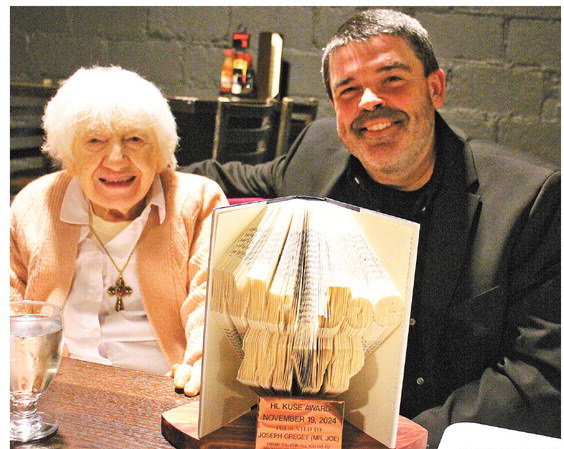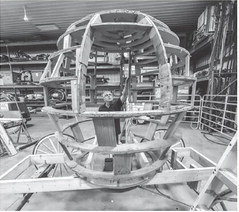Back to School: Appropriate fit key to avoiding backpack-related injuries
A new school year might mean kids get new backpacks and while children may want a stylish and trendy option, a backpack that is appropriate and proportional to the child is the best choice to avoid injuries, according to a UW Health Kids expert.
The right-fitting backpack is important because it prevents the possibility of kids developing back, neck and upper shoulder pain and muscle strains, according to Dr. Lindsey Boyke, clinical pediatric orthopedist, UW Health Kids.
“Kids have a lot to put in their backpacks these days, they walk far distances to school, and lockers are being used less, so a well-fitting backpack is key,” said Boyke, who is also an assistant professor, department of orthopedics and rehabilitation, University of Wisconsin School of Medicine and Public Health. “We’ve all seen the little kids carrying the backpacks that are bigger than they are. We want to avoid that.”
The recommendation is that a backpack should not weigh more than 15% of a child’s overall body weight, so if a child weighs 100 pounds, the backpack shouldn’t weigh more than 15 pounds, she said.
“We understand that the weight recommendation can be hard to obtain so we encourage parents to do their best,” Boyke said. “Watch out for signs like if their child leans forward or complains about pain while wearing the backpack.”
A properly fitted backpack allows for even weight distribution, she said. Parents should look for backpacks with two thick wide, well-padded straps, padding by the lower back, and if possible, chest and waist straps. Backpacks should be worn on both shoulders, not just one so the weight is not uneven, according to Boyke.
“When filling the backpack, the heavy stuff should be in the back of the backpack, closest to the child’s back,” she said. “It is easiest to carry the weight from there and it is not pulling them backward.”
If a child complains of backpack pain the first step is to stop using that backpack and look for a different, betterfitting option. If there is back pain at the end of the day, heating pads, massages and limited use of ibuprofen for short periods can help. If pain lasts more than two to three days and is preventing a child from daily activities and sports, contact the child’s pediatrician, Boyke said.
While heavy and ill-fitting backpacks can cause pain, it is a myth that they cause scoliosis, or the curving of the spine, according to Boyke.
“Parents ask all the time but there is no known association,” she said.




